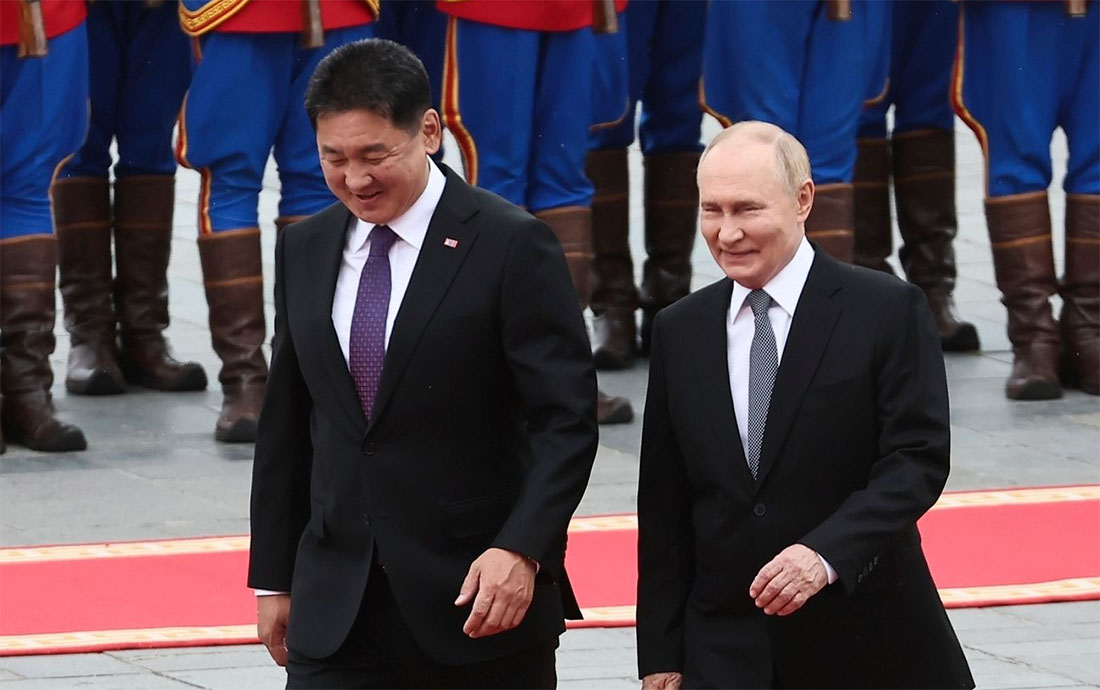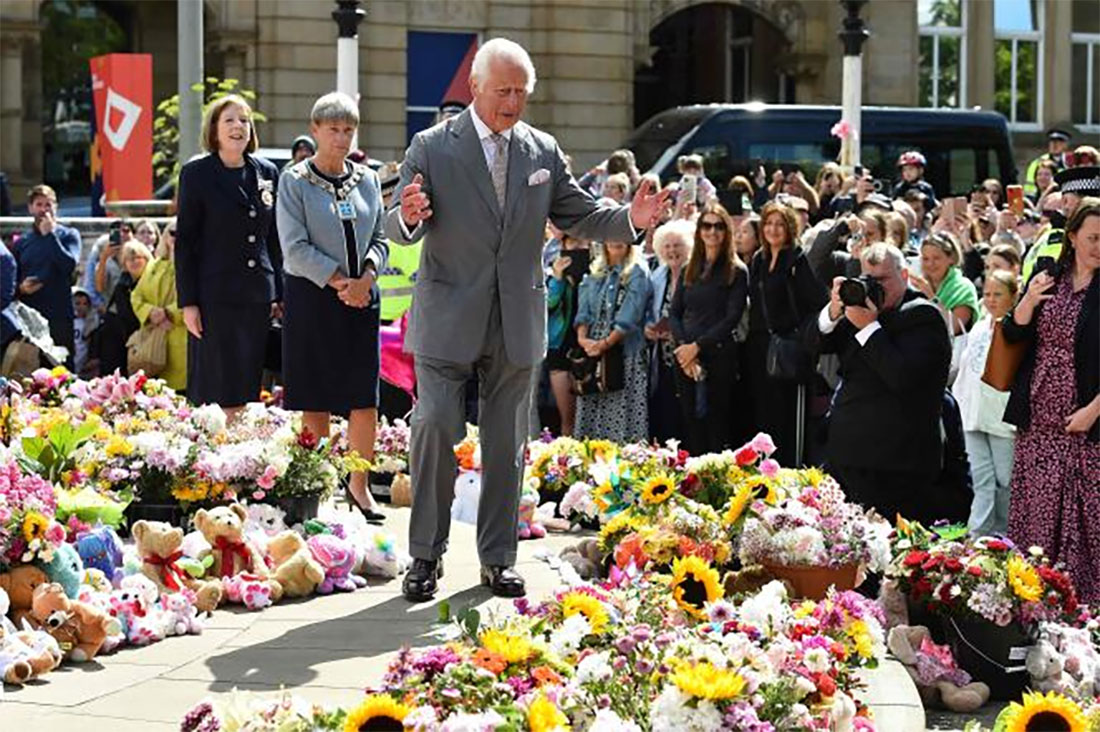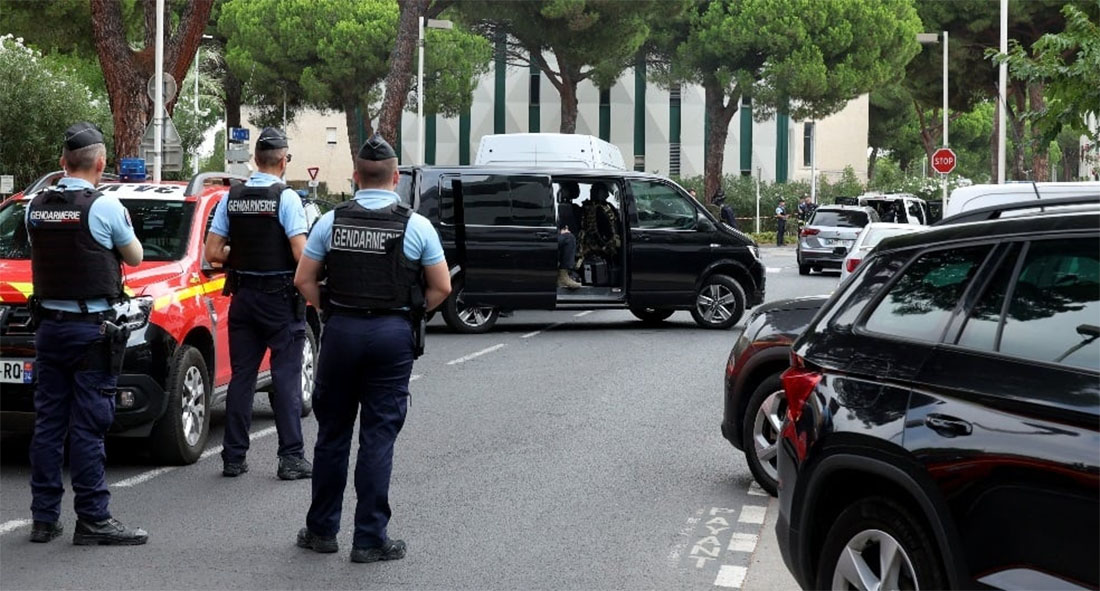VLADIMIR PUTIN LANDS IN MONGOLIA DESPITE ARREST WARRANT

Photo Credit: Getty Images
Being his first visit to an International Criminal Court (ICC) member since it issued a warrant for his arrest last year, Russian President Vladimir Putin has arrived in Mongolia.























